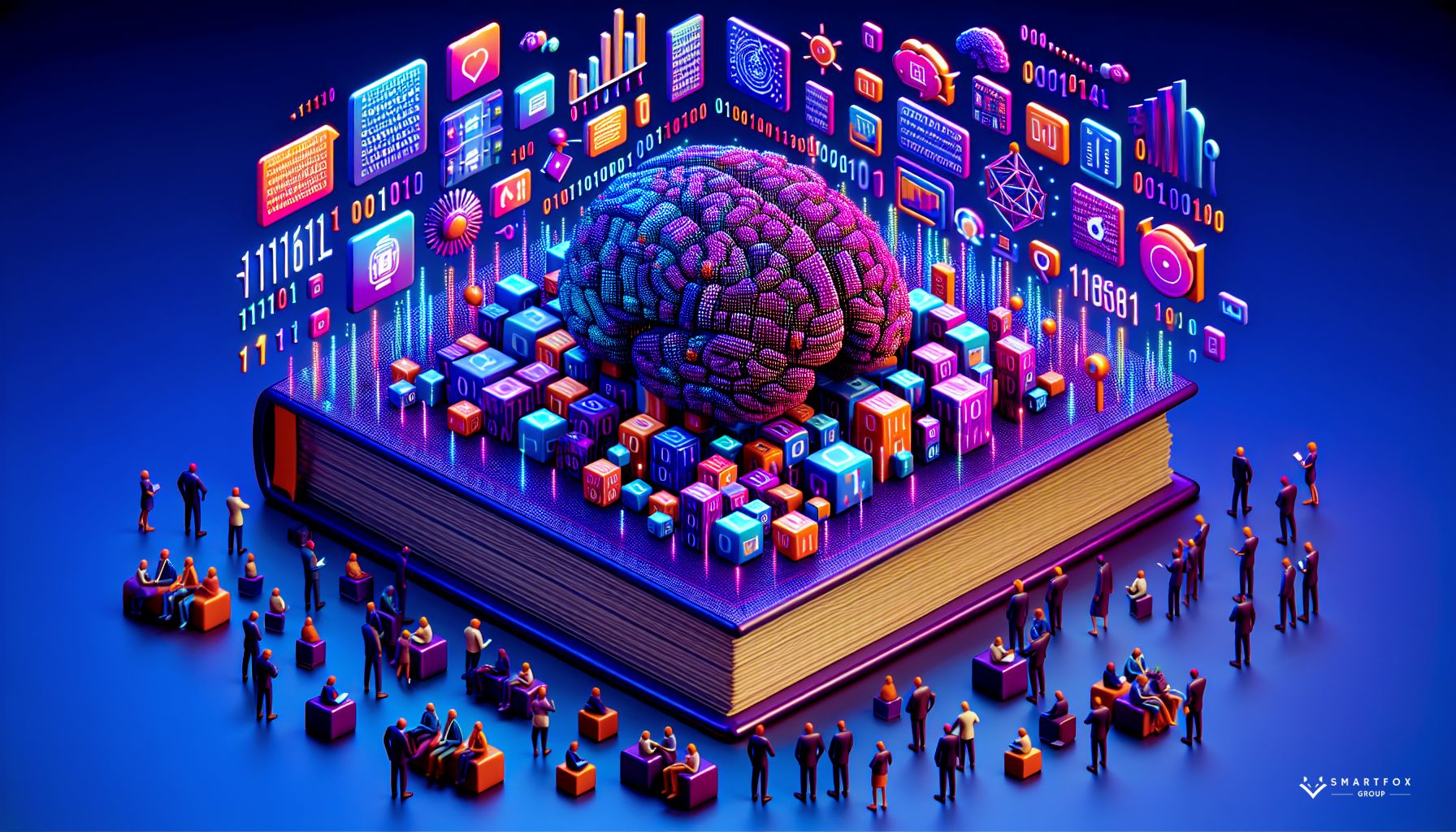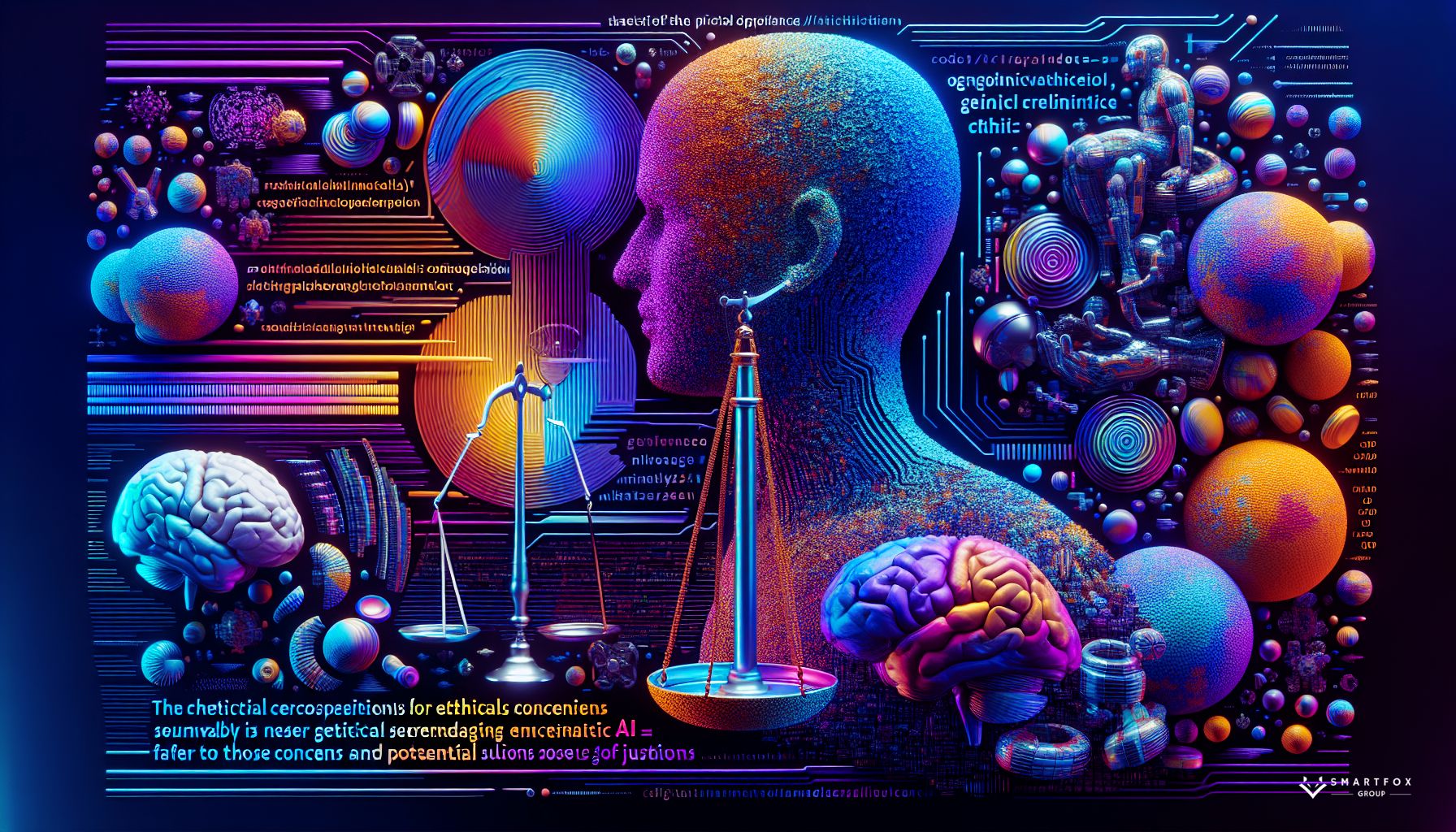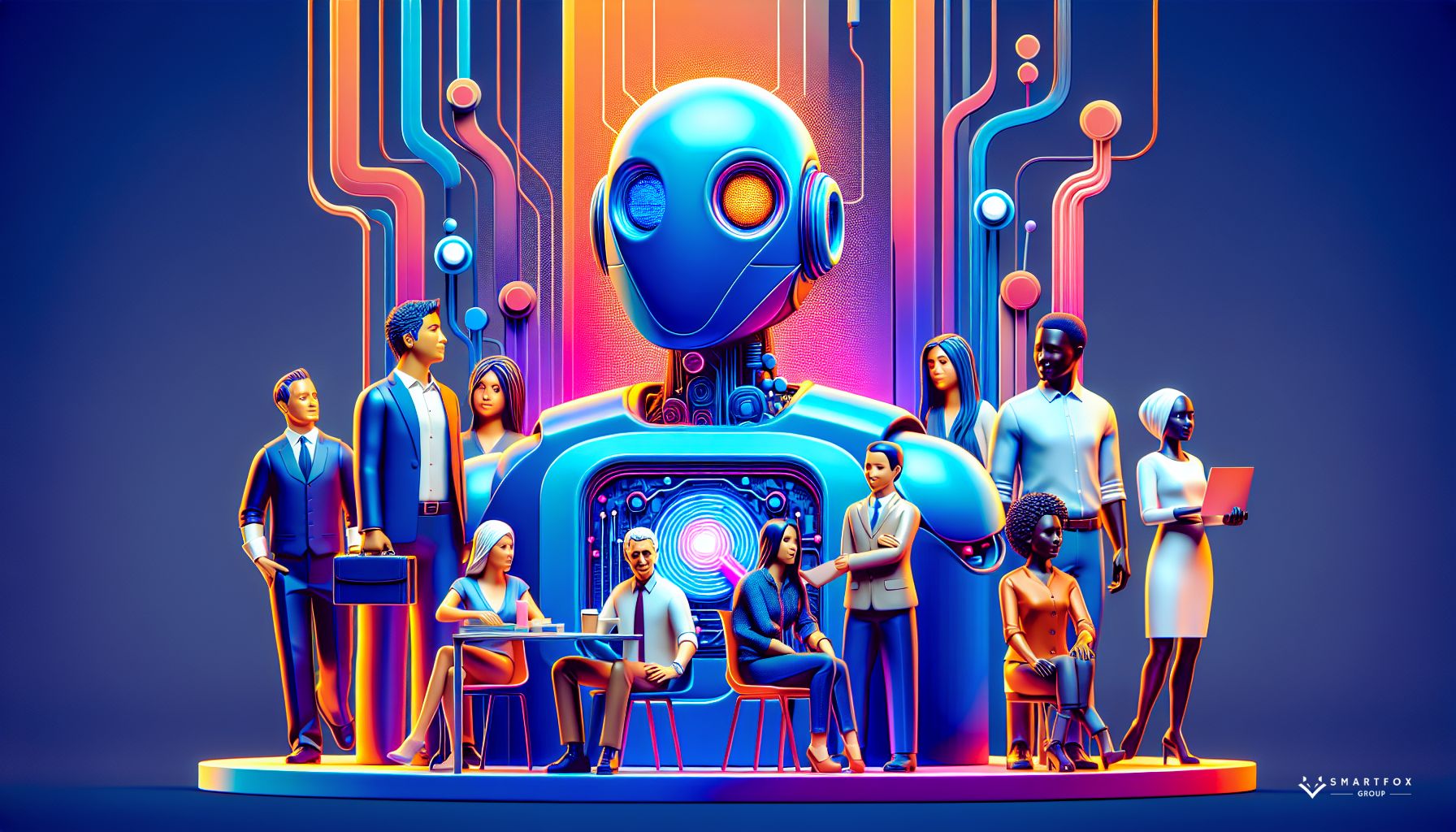Have you ever thought about how much artificial intelligence affects our daily lives and our work environment?
From smartphone apps to advanced data analyses, AI has woven itself into nearly every aspect of our existence. But what does this mean for professions traditionally characterized by human sensitivity and organizational skills, such as assistants and office managers?
It might surprise you, but it's precisely here that artificial intelligence unfolds its potential in impressive ways. In office management, it does not stand as competition but as a valuable addition. It enables tasks to be completed more efficiently, accurately, and sometimes even with a touch of foresight. Join us in exploring the exciting world of artificial intelligence with a focus on office management and learn how AI is redefining this area.
Historical Overview
Think back to the image of a traditional secretary (yes, at that time a purely female profession) in the 1950s: typing on typewriters, handwritten notes, the ringing of old telephones, and the smell of freshly printed paper. It was a time when the assistant acted as an indispensable interface in companies, collecting, organizing, and forwarding information. But over the years, technology has picked up pace. Typewriters were replaced by computers, landline phones by smartphones, and paper documents by digital files. With every technological innovation, assistants had to adapt and reinvent themselves. Emails have displaced the telegram, digital calendars have replaced physical planners. And now, in the age of artificial intelligence, the role is once again undergoing transformation. AI offers tools and applications that not only reduce the workload but also reshape the way decisions are made. Instead of just reacting, we can now act proactively, supported by algorithms and machine learning.
It is fascinating to see how office professions have evolved over time, always hand in hand with the technological advancements of our era.
And the end of this journey? That is still far from in sight!
The Little AI Helpers
In the modern work world, AI tools are indispensable. Especially in the realm of office work, they open doors to previously unknown possibilities. Have you ever used a digital voice assistant like Siri or Alexa? Probably, because these can schedule appointments, set reminders, or even take over simple research tasks – all via voice command.
There are also impressive advances in calendar management. Modern systems can independently plan meetings by matching the availability of all participants or even proactively book rooms and resources.
And when it comes to emails? AI systems help sort the inbox, prioritize, and even generate automatic responses to frequently asked questions.
But as tempting as these advantages are, there are also downsides. While AI tools can mean a significant time saving, there is a risk of losing the personal touch in communication. Moreover, it's essential to continuously educate yourself to keep up with rapid developments.
Nevertheless, the clever use of AI tools can not only increase efficiency but also bring new perspectives and approaches into the daily work routine. It is therefore worthwhile to continue exploring this exciting path!
Benefits of Artificial Intelligence in the Office
Imagine most of your routine tasks are done automatically, allowing you more time for creative and strategic activities. Sounds dreamy, right? That's exactly what artificial intelligence enables. By automating repetitive tasks, such as scheduling appointments or managing data, you can significantly increase your efficiency.
And who isn't familiar with the pressure to work flawlessly? AI systems minimize this risk by ensuring precise data processing and reducing the chance of oversight.
Another unbeatable advantage is the flexibility and constant availability of AI tools. While we humans need breaks, end of the workday, and sleep, digital helpers work 24/7 without interruption. This allows for continuous care and immediate responsiveness, whether it's customer inquiries or urgent tasks.
Moreover, these systems are constantly learning and offer personalized support. Through data analysis, they can make predictions, identify trends, and proactively make suggestions to make your workday even more efficient.
In summary, integrating AI in the field of office management provides a significant advantage. It allows you to think outside the box and enriches your professional life in various ways.
Challenges and Concerns
With all the impressive advantages that artificial intelligence offers, there are also some concerns and challenges. Have you ever thought about data protection and privacy when using AI tools or considering their use? With all the fascinating possibilities that artificial intelligence offers, important questions and challenges also come into play. It's crucial to understand precisely what information you share and how it's processed. In a time when data breaches and cyberattacks unfortunately occur frequently, this aspect becomes even more important. Whether you have experience with AI or not, data protection is an issue that concerns us all.
Another burning issue is the question of ethics and humanity. Can a machine truly replace human sensitivity, empathy, and intuition? There are moments when the human factor is irreplaceable, whether it's comforting a colleague or understanding complex emotional nuances in communication.
Then there's the rapid development of technology. It requires you to constantly stay updated and educate yourself. Today's AI tools could be outdated tomorrow. This means you need to continuously adapt and learn new skills to keep pace.
Despite the many advantages that AI offers, it's important to take these concerns seriously and choose a balanced and informed approach when dealing with technology.
Impact on the Job Market
The burning question on many people's minds: Will artificial intelligence replace traditional office jobs? The answer is complex but, on the whole, reassuring.
Yes, AI will be able to take over many routine tasks that were previously done manually. But no, it will not replace the entire profession. Because behind every efficient AI system, there is still a human steering, monitoring, and optimizing it.
The integration of artificial intelligence into the job market actually opens up entirely new possibilities and fields of employment. Have you heard of the job title "AI Management Expert"? In this role, you specialize in analyzing and adjusting companies through artificial intelligence to make them more effective and useful. Another exciting role is the "AI Project Manager," who is tasked with finding processes for the application of AI, writing a project plan, and implementing it.
There's more. Have you heard about the "AI Consultant"? An AI Consultant supports and advises companies and organizations in developing AI strategies and optimizing the implementation of artificial intelligence in their operations.
And finally, if you want to continue learning in this burgeoning field, there's an exciting opportunity to deepen your understanding of artificial intelligence and play a key role in the development of this technology. This enables you to be the interface between management and AI developers or AI agencies in your company, helping to shape the future of artificial intelligence. This is an exciting opportunity to get involved in the world of AI, even if you have no previous experience in this area.
The key to success in this changing landscape is adaptability. Instead of resisting the wave of technology, you can use it to learn new skills, position yourself in newly emerging areas, and increase your value in the job market. AI is here to stay, and with the right attitude, you can ensure that you are too.
Future Trends and Predictions
Imagine what the workplace of the future might look like. How will the role in the office be shaped in the next 10 years? Following current trends, the integration of artificial intelligence in office management and beyond will undoubtedly continue to advance.
In the coming years, assistants and office managers might work alongside their AI tools, which can process not only data but also recognize emotions and moods. These systems could then respond to human needs, whether it's a much-needed coffee in the morning or recognizing moments of stress and offering relaxation breaks.
Moreover, AI systems could be capable of making strategic suggestions for companies based on data analyses and market trends, thereby integrating the role of assistance and office management more strongly into the decision-making process.
In other areas of office management, such as human resources, accounting, or marketing, AI tools will continue to play a profound role, optimizing processes and allowing human workers to focus on creative and strategic tasks.
The future is, to put it mildly, exciting. With the right preparation and openness to new things, you can be at the forefront of these developments, redefine the role, and secure your place. It is a time of change but also of boundless possibilities.
Looking at the rapid progress of recent years, it's clear that artificial intelligence has profoundly changed and will continue to shape the job landscape. What once seemed like science fiction is now reality in our offices. But with this technological revolution comes responsibility and opportunities.
It's not just important to see these tools as aids, but also to recognize the opportunities they offer. They can make us not only more efficient but also provide room to focus on the human, the creative, and the strategic.
However, the key to success in this new era lies in continuous education and adaptability. Technology won't wait. It's up to you to keep pace, remain curious, and be open to the unknown. The future of the role in office management is not only shaped by artificial intelligence but also by your own direction. Seize this opportunity!
ㅤ













0 Comments